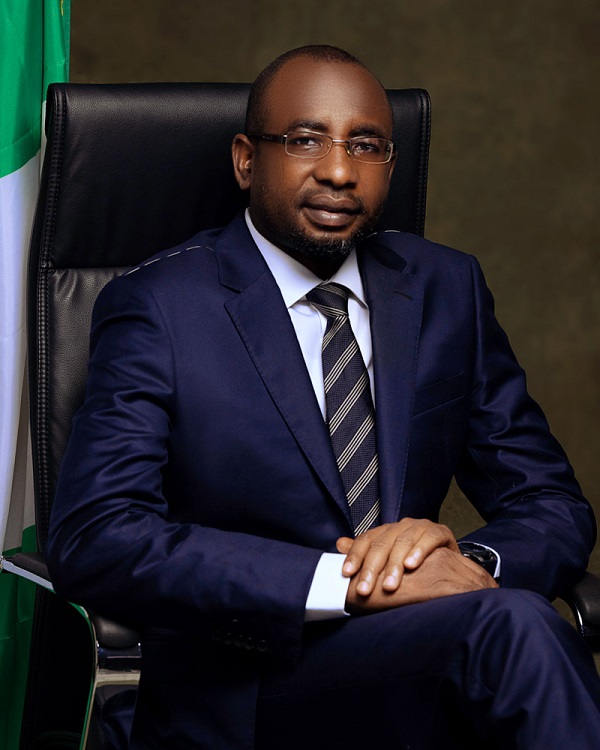
The director-general, National Information Technology Development Agency (NITDA), Mallam Kashifu Abdullahi has emphasised that Nigeria is thriving on innovation and inclusive economic growth through technology, empowered by a robust digital ecosystem.
Abdullahi made these remarks at the “Intel AI Programme for Africa Deep-Tech Startups, Ecosystem Stakeholders” workshop organised by Afrilabs and Intel in Abuja.
Abdullahi stressed the importance of building a strong technology research ecosystem aligned with the government’s priorities for diversification, industrialisation and digitisation. He highlighted the necessity for synergy, collaboration and leveraging diverse talents, expertise and perspectives within the ecosystem to advance the country.
Identifying the challenge in Africa as implementation processes, Abdullahi emphasised the need for strong institutions to execute policies and strategies effectively. He advocated for collaborative efforts in shaping policies and regulations that are beneficial and flexible for implementation, attracting foreign direct investment (FDI).
Discussing NITDA’s commitment to diverse initiatives and policies, Abdullahi mentioned its success in attracting six African countries and other government institutions for visits and studies, aiming to revolutionise conventional approaches.
Providing insights into NITDA’s strategic direction, Abdullahi outlined the agency’s Strategic Roadmap and Action Plan (SRAP 2024-2027) 2.0. The plan is structured around eight pillars, including fostering digital literacy and cultivating talents, building a robust technology research ecosystem, strengthening policy implementation and legal frameworks, promoting inclusive access to digital infrastructure and services, enhancing cybersecurity and digital trust, nurturing an innovative and entrepreneurial ecosystem, forging strategic partnerships and collaborations, and cultivating a vibrant organisational culture with an agile workforce.
Afrilabs’ chief operating officer, Mr. Ajibola Odukoya highlighted the workshop’s objective of addressing gaps in the deep tech ecosystem in Africa and providing tailored support for startup growth. He emphasised the potential of driving an innovation economy in Africa through community-driven initiatives, fostering high-potential entrepreneurs as catalysts for economic growth and social development.
Odukoya further underlined the significance of artificial intelligence (AI) as a tool to bridge Africa and the world. He advocated for the consideration of Africa in building AI frameworks and libraries to showcase African perspectives and problem-solving zeal.
The workshop, a collaborative effort by Afrilabs and Intel, serves as a platform for exploring solutions to the identified challenges within Africa’s deep tech ecosystem. The focus on AI and tailored support aims to foster innovation, economic growth and social development in the region.


